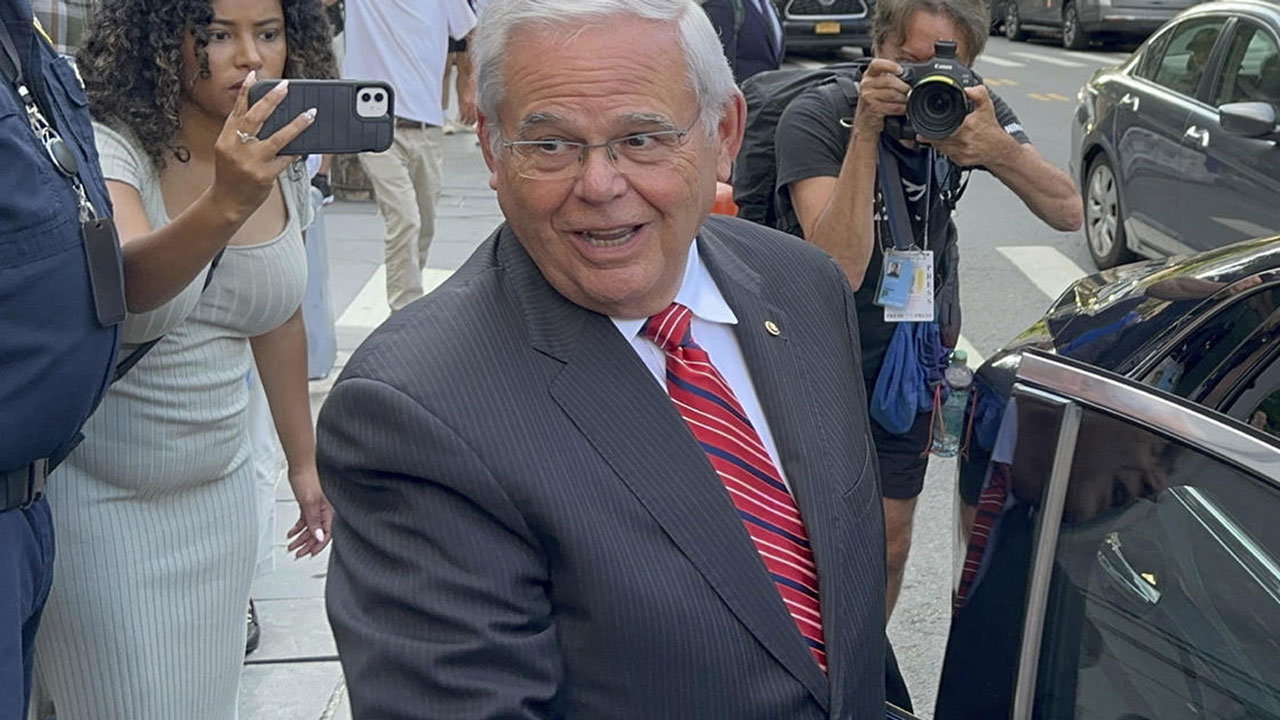Voter ID Passes In Nebraska As States Settle Ballot Items
Residents of Nebraska approved a new photo identification requirement for future elections as voters in several states decided measures that could affect the way ballots are cast in the next presidential election.Wednesday, November 9th 2022, 9:27 am
Residents of Nebraska approved a new photo identification requirement for future elections as voters in several states decided measures that could affect the way ballots are cast in the next presidential election.
The voting-related measures were among more than 130 state proposals appearing on ballots, addressing contentious issues such as abortion, taxes, drug policy and labor laws.
Heading into Tuesday’s elections, about two-thirds of states already required some form of identification to vote, though not all of those mandated a photo ID. Nebraska was among the states without an identification requirement, even though Republicans had tried for years to pass one in the Legislature.
The photo ID measure finally made the ballot this year thanks to an initiative petition drive bankrolled by Marlene Ricketts, the mother of term-limited Republican Gov. Pete Ricketts. He said the 2020 election revealed that “people had concern about the integrity of our voting systems,” though there was no evidence of widespread fraud.
While Nebraskans opted for stricter voting rules, Arkansas residents rejected a proposed constitutional amendment that would have made it harder to approve future ballot initiatives. The measure would have required a 60% threshold, instead of a simple majority, to pass citizens’ initiatives and constitutional amendments.
Voters in South Dakota rejected a similar measure earlier this year, and Arizona voters on Tuesday also were deciding whether to require a 60% threshold to approve future ballot initiatives containing tax increases.
Alabama voters approved a constitutional amendment Tuesday requiring future election law changes to take effect at least six months before a general election.
Ohio voters overwhelmingly approved a constitutional amendment prohibiting non-U.S. citizens from voting in local elections, becoming the seventh state to do so. The measure championed by the state’s Republican elections chief was in response to an effort to expand noncitizen voting in one small Ohio village, as well as to efforts cropping up in larger cities, such as New York and San Francisco.
Voters in Connecticut approved a measure to expand access to voting. After defeating an advance voting measure in 2014, voters on Tuesday passed a constitutional amendment authorizing the Democratic-led General Assembly to create an early voting law. That would leave Alabama, Mississippi and New Hampshire as the only states without an early in-person voting period available for all voters, according to the National Conference of State Legislatures.
Voters in Michigan were supporting a wide-ranging initiative backed by voting rights advocates. It would expand early voting options, require state-funded return postage and drop boxes for absentee ballots and specify that the Board of State Canvassers has only a “clerical, nondiscretionary” duty to certify election results. The proposal also could preempt Republican attempts to tighten photo identification laws by amending the state constitution to include the current alternative of signing an affidavit.
Votes were still being counted for an Arizona measure that would fortify an existing photo ID law for in-person voting by eliminating an alternative of providing two documents bearing a person’s name and address. People voting by mail — the vast majority in Arizona — would have to list their date of birth and either their driver’s license number, a state identification number or the last four digits of their Social Security number.
A proposed amendment to Nevada’s Constitution would adopt an open primary election to advance the top five vote-getters. Ranked choice voting then would be used to determine the winner of the general election. If no candidate received a majority on the first count, the votes for the bottom candidate would be reassigned to voters’ next preferences until one candidate has a majority. Similar systems already exist for some elections in Maine and in Alaska. But the Nevada measure, if approved this year, would require a second approval in 2024 to take effect.
In other ballot issues, voters in Illinois and Tennessee were moving in opposite directions on labor policies. While Illinois residents were favoring a proposed constitutional right to collective bargaining, Tennessee voters passed a constitutional amendment forbidding workplace contracts from requiring union fees.
Gun policies also drew contrasting approaches in states. Iowa voters approved a measure embedding the right to bear arms in the state constitution. Oregon voters, meanwhile, were deciding whether to restrict gun rights by prohibiting magazines capable of holding more than 10 rounds and requiring safety training and a permit to purchase firearms.
Voters in Alabama, Tennessee and Vermont all approved constitutional measures against slavery and involuntary servitude, intending to end the potential of that being used as a criminal punishment.
Health care also was on the ballot in some states. An Oregon measure would create a constitutional right to affordable health care and obligate the state to ensure access. A measure in South Dakota would expand Medicaid coverage to adults under the terms of the federal health care law enacted more than a decade ago under former President Barack Obama.
California, as is often the case, was home to the nation’s most expensive ballot battle. Hundreds of millions of dollars were poured into the campaigns of two competing initiatives to legalize sports betting — one backed by wealthy Native American tribes and the other by online gambling companies and less-affluent tribes. Both were defeated by voters.
More Like This
November 9th, 2022
July 16th, 2024
September 21st, 2023
Top Headlines
December 11th, 2024
December 11th, 2024
December 11th, 2024
December 11th, 2024









